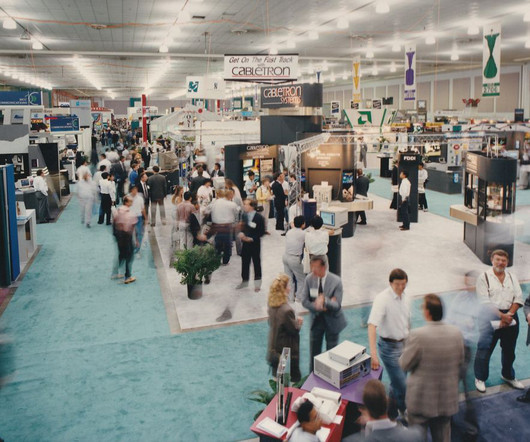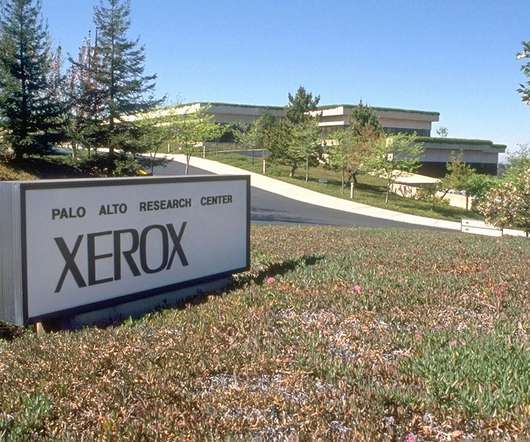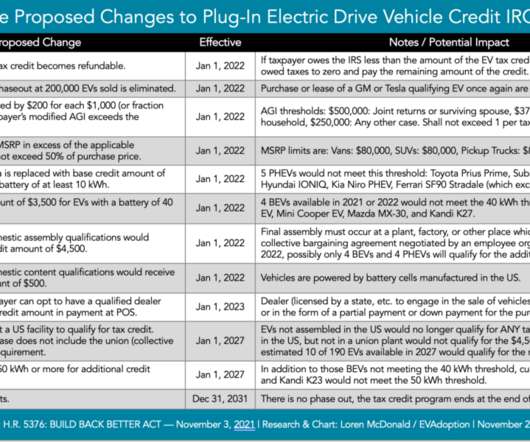Frank Talk on Plug-Ins
Plug In Partners
FEBRUARY 13, 2006
photo EV World H ere is a new interview with Andy Frank from Washington Technology. Survival Guide: Perspectives from the field Washington Technology Feb. That was one of the reasons for our Plug-In Partners launch in Washington, to get fleet users from around the country to say to the car companies, “If you build it, we’ll buy it.”












Let's personalize your content